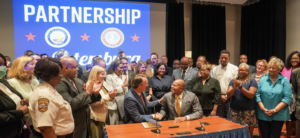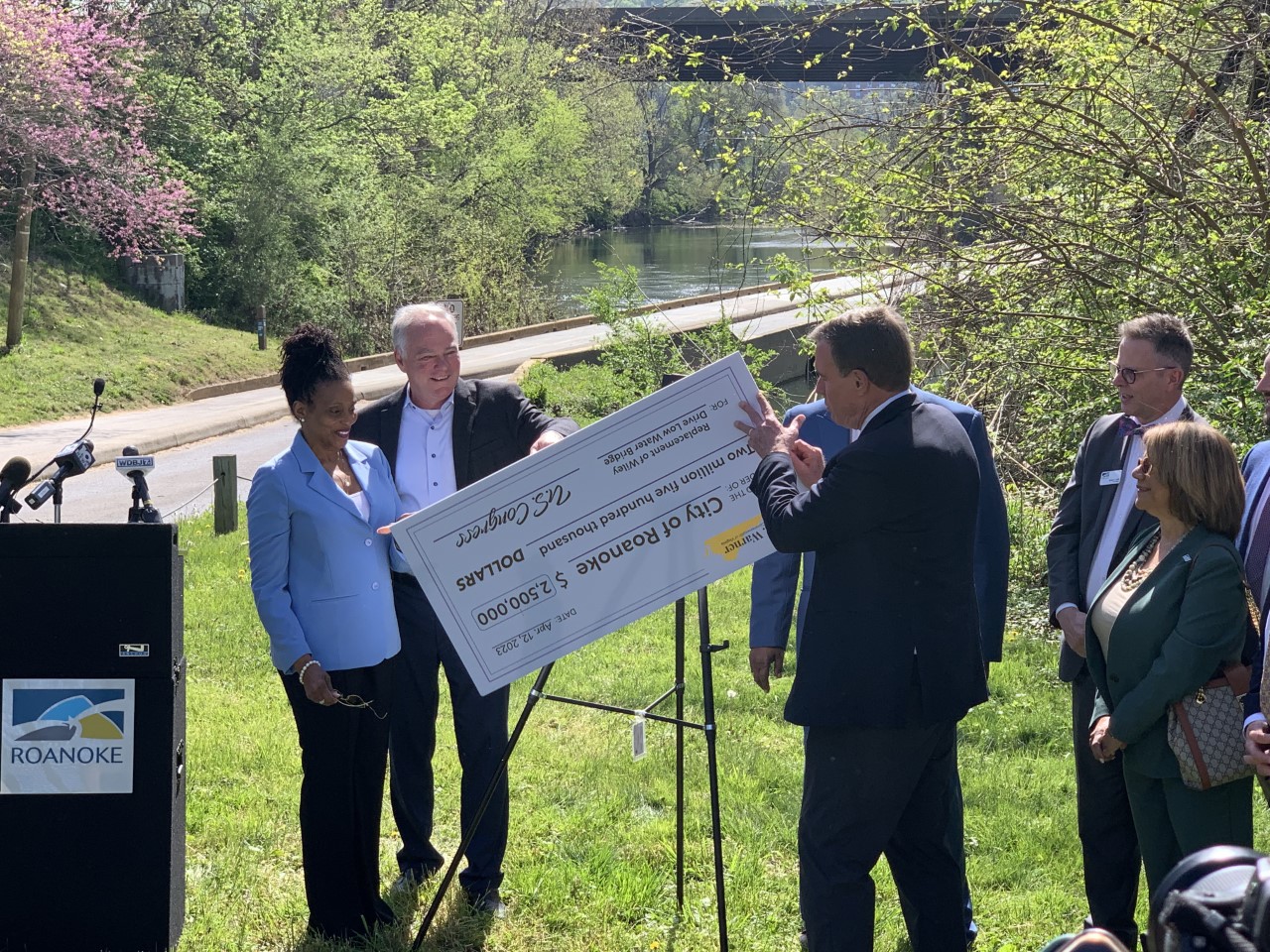
Courtesy Terrestrial Energy Inc.
by James C. Sherlock
We write here often about electric power in Virginia, but usually related to public utilities. We focus on Dominion and Appalachian Power.
There is another big market: industrial power plants independent of utilities and the grid (and thus not requiring State Corporation Commission approval).
Those are not reflected in the plans of the utilities except inasmuch as they lower demand.
Users include the steel and cement industries, oil and gas, pulp and paper, mining, and chemical industries. And military bases.
The United States Navy is the world’s most advanced operational user of nuclear power and thus has both a culture and a corporate structure to support nuclear energy.
Each of the military services needs to maintain the independence of its major bases from utilities to control costs, to ensure reliability by independence from the grid and thus to support uninterrupted operations.
But even the Navy does not currently use nuclear power to provide co-generation of the steam and electricity needs of its shore infrastructure.
Among the technical reasons industrial power plants are conventionally powered:
- low-heat commercial nuclear reactors are not capable of efficient co-generation; and
- high-heat newer technology reactors shorten the life span of the graphite in the cores.
Molten Salt Reactors (MSR), a Generation IV nuclear technology system, were pioneered at Oak Ridge National Laboratory starting in 1968.
An advanced co-generation MSR targeted for commercial deployment in 2030 just achieved a major milestone in Canada.
It offers clean co-generation. Continue reading →




 by Kerry Dougherty
by Kerry Dougherty



